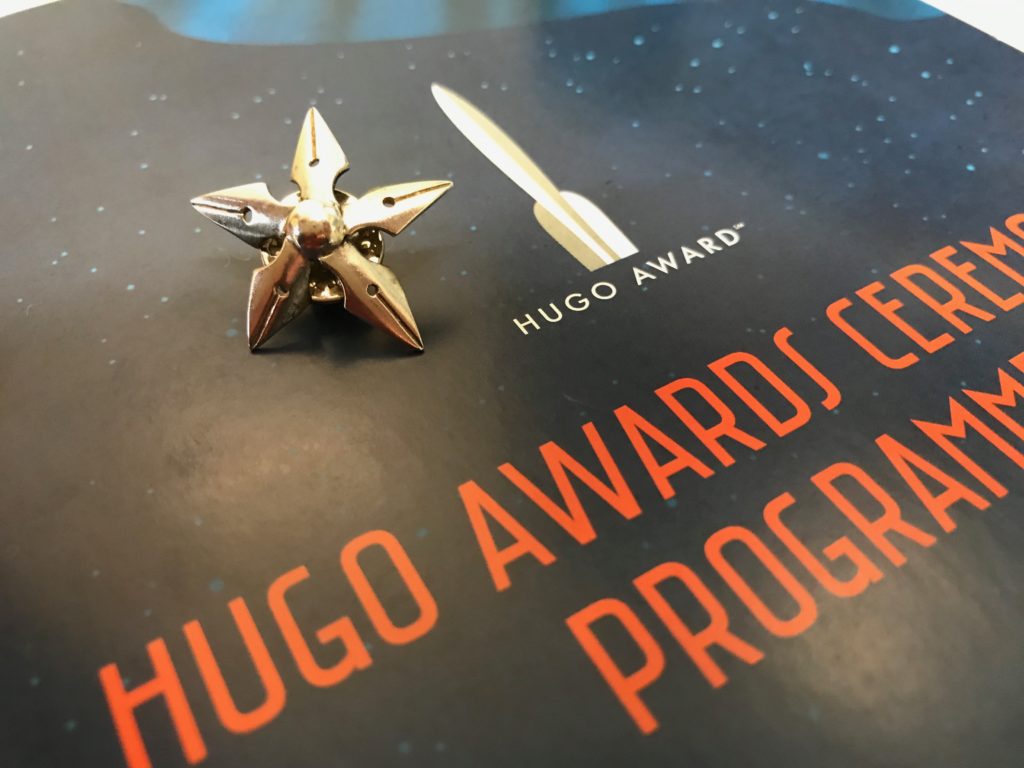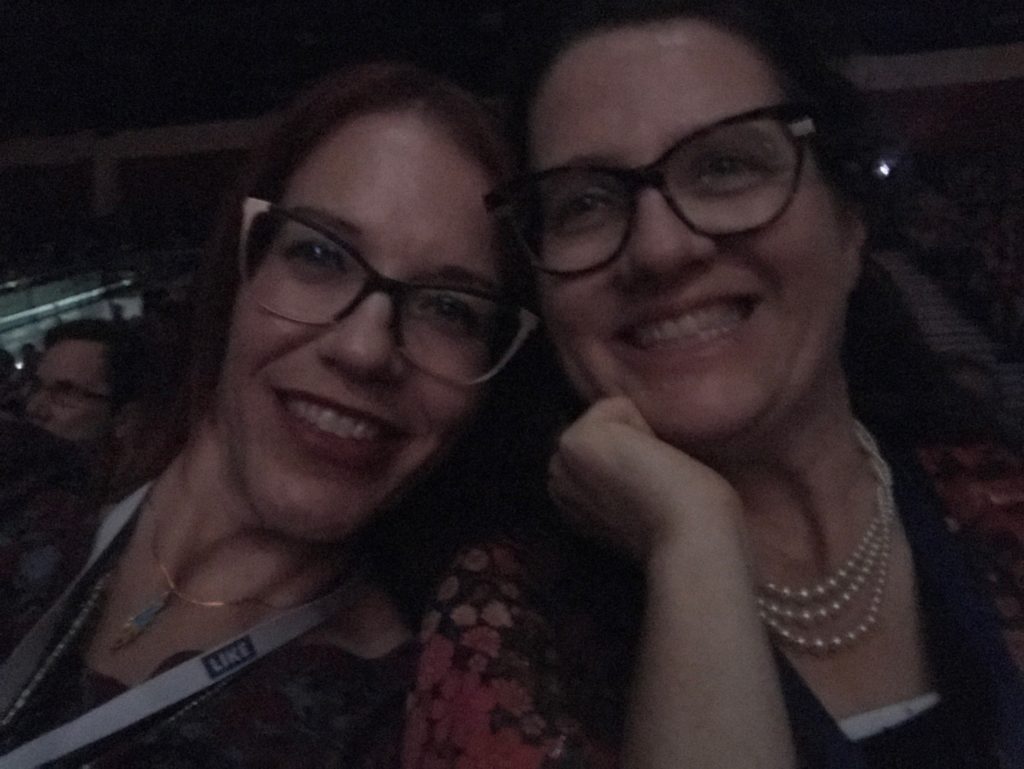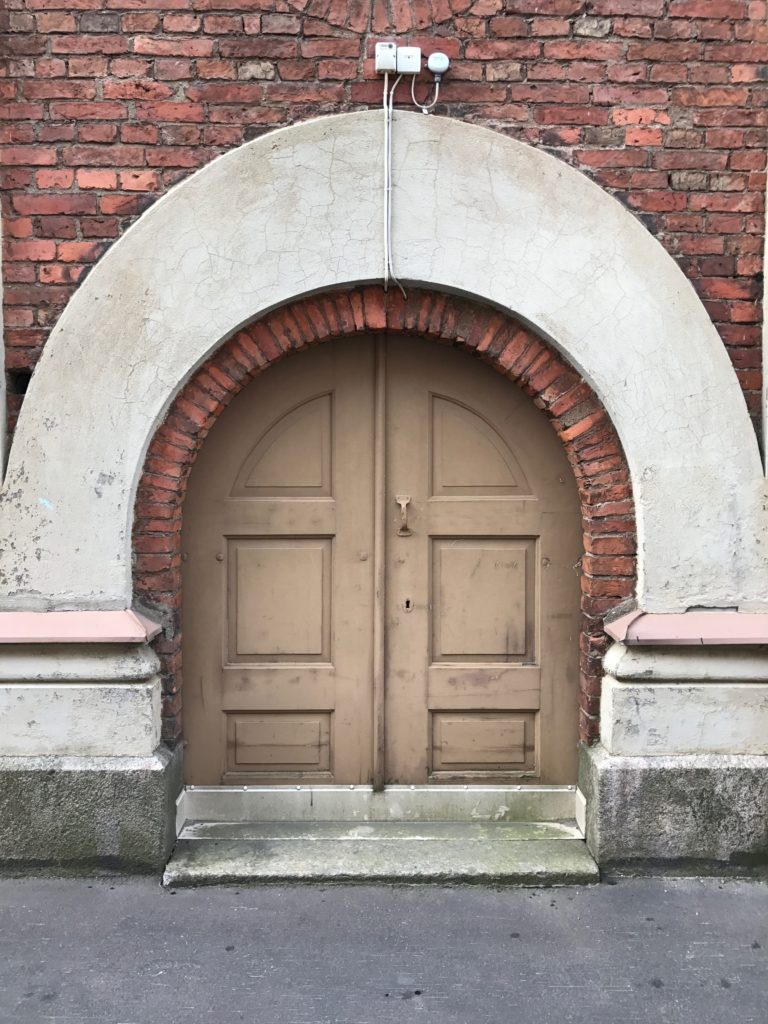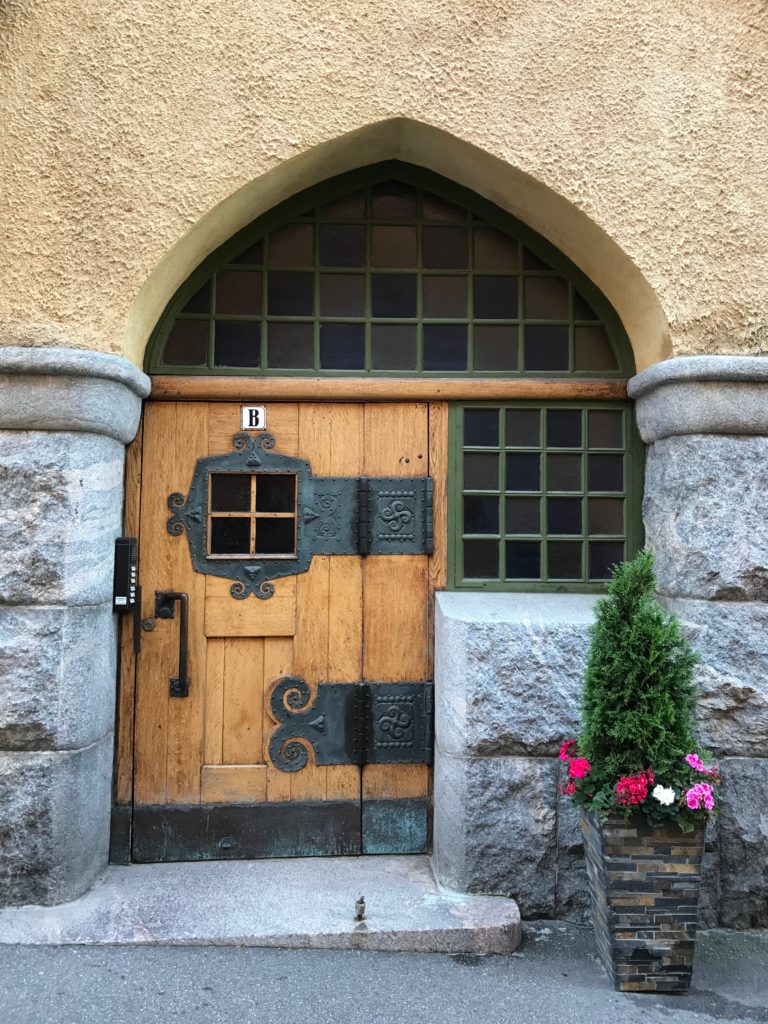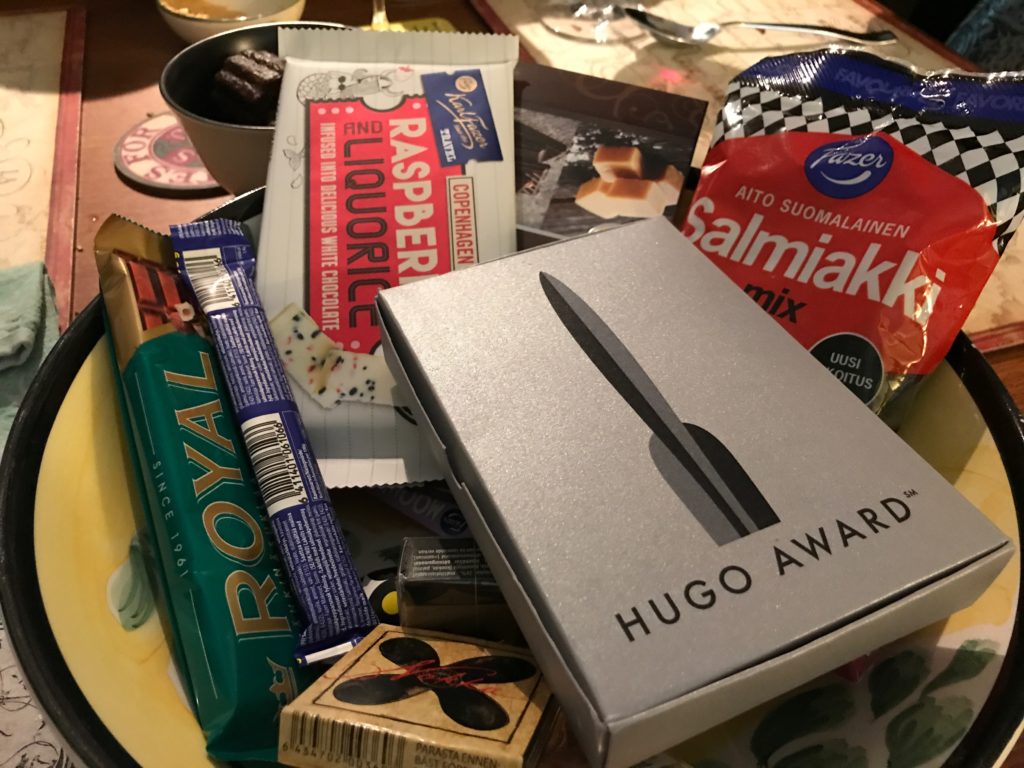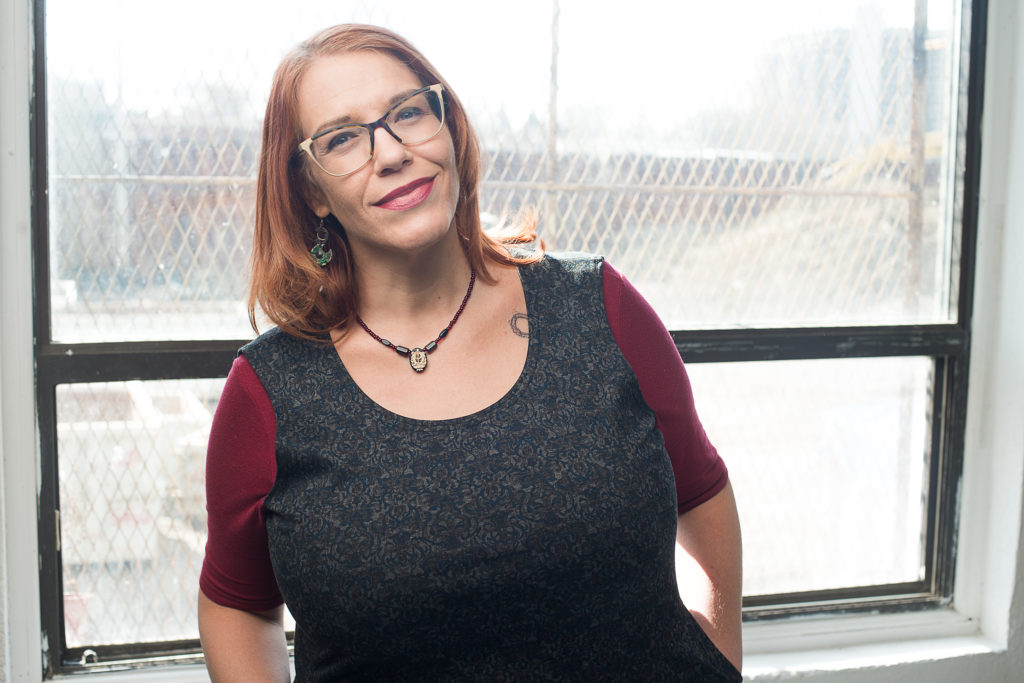
Hold fast. I want to tell you a story. It’s about something personal and important, and you are not allowed to deny the validity of my story. When I’m done, you will tell me your personal, important story and I am not allowed to deny its validity.
Do you think we can do this? Good. There’s hope we can live together in peace. It doesn’t mean we have to like each other, but we can co-exist.
All right. So. Now: The Hugos.
In just over a week the Hugos will be done. But it won’t be over. This shit storm we’ve been living through will go on. It’ll probably get worse. I’m sick to death of it and you probably are too.
There’s no end in sight because both sides are telling stories — personal, important, urgent stories, but stories nonetheless, told with apocalyptic rhetoric and elevated language, using energy that would be much better spent on fiction.
It’s not surprising. We are fiction writers. We are very good at making stirring narratives out of chaos.
But there’s the problem. These stories aren’t true. They’re important but not true.
What we have is a standard conflict resolution problem: competing narratives.
Narratives are explanations for events (large and small) in the form of short, common sense accounts (stories) that often seem simple. However, the powerful images they contain and the judgments they make about the motivations and actions of their own group, and others, are emotionally significant for groups and individuals. Narratives are not always internally consistent. For example, they often alternate between portraying one’s own group, as well as an opponent, as strong and portraying them as vulnerable.
The Political Psychology of Competing Narratives
Marc Howard Ross, Department of Political Science, Bryn Mawr College
The puppy narrative is that they’ve been discriminated against for 30 years. Nothing will move them off that narrative because it feels true to them. Our narrative is that the puppies are out to destroy the Hugos. Nothing will move us off that narrative because it feels true to us.
The validity of these competing narratives cannot be denied. But they’re not facts, they’re stories. We cling to them — it’s hard to stop clinging to them — prying myself off my narrative is taking quite an effort, in fact.
Narratives are comforting. Everything that happens adds to the story. It builds and builds until the story becomes more important than the problem. As the stories build, bad behaviour builds and rhetoric swells, until each side has an entire orchestra behind it, spurring it on to heroic deeds.
Each side complains that the other won’t give up, won’t see reason, but neither will acknowledge the fact that what they call reason is just another story.
If we keep arguing over competing narratives, the only possible end is mutually assured destruction. Neither side wants that. I assure you, they don’t.
So what do we do to resolve this? We have to move off our narratives — set them aside. Instead, we have to talk about what we want.
The puppies might say, “We want want the stories and books we value to be recognized.”
We might say, “We want the Hugo awards to be fair.”
Now we can strategize about how to get what both sides want. This is not easy. It takes a lot of effort to keep from sliding back into our cherished narratives. When that happens, both sides have to stop, back away from the stories, and rededicate themselves to solving the problem.
It can be done. It’s done all the time, around the world, in situations far more dire and serious that this — in life-and-death situations like worker’s rights, environmental disasters, and land claim conflicts.
Here is the call to action: We need to engage in a formal conflict mediation process that actively avoids competing narratives and focuses on problem solving. It would look something like this:
- Each side raises funds to hire a conflict resolution specialist for two days (one day for the specialist to prepare, and one day for the mediation). They’re not expensive.
- Each side puts forward two representatives to participate in the mediation process.
- Each side participates with good will and in good faith, doing their best to rein in their rhetoric, and puts in a solid eight hours of work toward a solution.
Does this seem naive to you? Perhaps a bit unrealistic? Great — then you must have a better idea. I’m eager to hear it. Because if we keep throwing bombs at each other, someone is going to get hurt.
There is no better idea. If there were, someone would have come up with it. I’m telling you now: This is our only way out. If we don’t do this, we’re doomed.
And — honestly — if we can’t resolve a conflict over a fiction award, then mutually-assured destruction is what we deserve.
